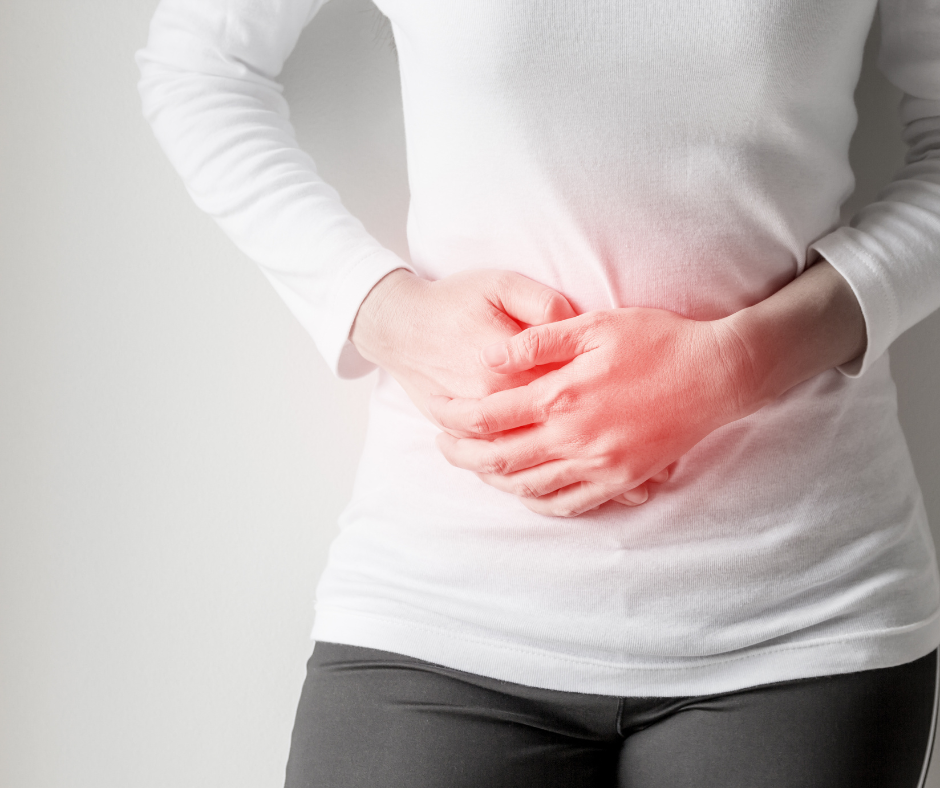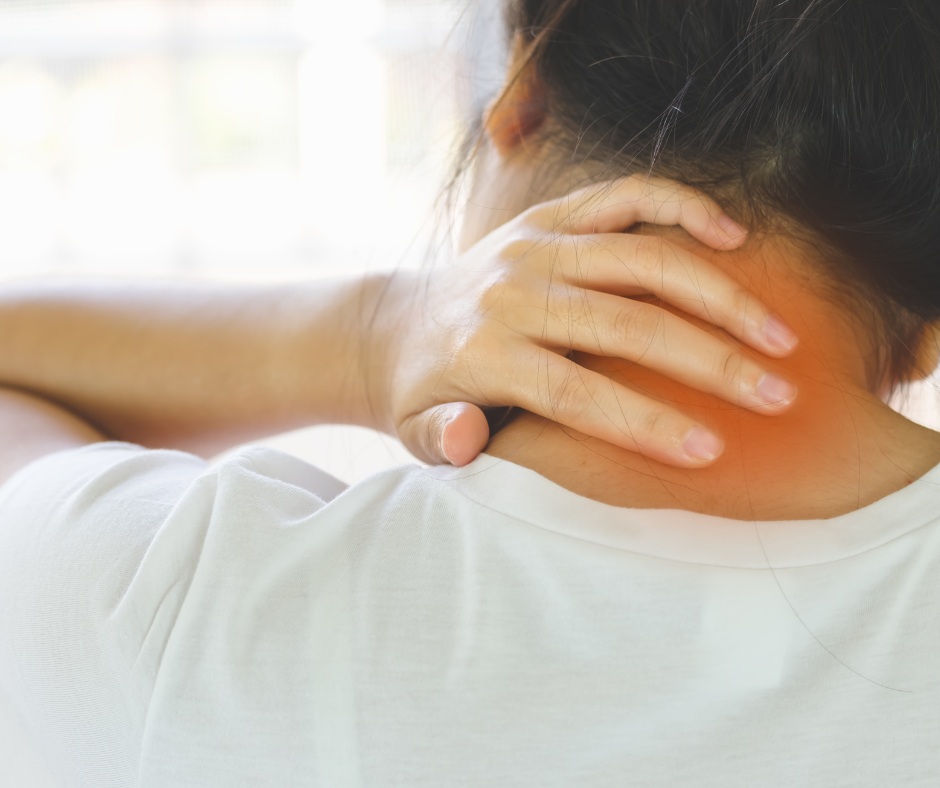Back pain is a common issue that affects many people at some point in their lives. It can range from mild discomfort to severe pain, impacting daily activities and overall well-being. However, what many people might not realise is that back pain can sometimes be linked to other health problems, including digestive issues like constipation. In this blog, we will explore the connection between back pain and constipation, how one might influence the other, and what you can do to manage both conditions.
Understanding the Link Between Back Pain and Constipation
The spine is a central part of your body’s structure, housing the spinal cord, which is essential for communication between the brain and the rest of the body. The nerves that extend from the spinal cord control various bodily functions, including those of the digestive system. If these nerves become compressed or irritated due to back pain, it can potentially lead to problems with bowel function, including constipation.
There are several ways in which back pain and constipation may be related:
1. Nerve Compression
One of the most direct links between back pain and constipation is nerve compression. Conditions such as a herniated disc, spinal stenosis, or sciatica can compress nerves in the lower back, which may interfere with the normal functioning of the digestive system. This can slow down the movement of the intestines, leading to constipation.
2. Medication Side Effects
Many people with chronic back pain take pain relief medications, particularly opioids. While these drugs can be effective in managing pain, they are also known to cause constipation as a common side effect. Opioids slow down the movement of the bowels, making it harder for the body to pass stools.
3. Reduced Mobility
When you are suffering from back pain, it is natural to move less in an attempt to avoid aggravating the pain. However, reduced physical activity can contribute to constipation. Physical movement helps stimulate the digestive system, promoting regular bowel movements. A sedentary lifestyle, often a result of back pain, can slow down digestion and lead to constipation.
4. Stress and Muscle Tension
Back pain, particularly when it is chronic, can cause significant stress and anxiety. Stress is known to affect the digestive system, sometimes leading to constipation. Additionally, muscle tension in the back can impact the muscles in the pelvic area, further contributing to difficulty in passing stools.
Managing Back Pain and Constipation
If you are experiencing both back pain and constipation, it is important to address both issues to improve your overall health and comfort. Here are some strategies that may help:
1. Stay Active
Even with back pain, it is important to remain as active as possible. Gentle exercises, such as walking or stretching, can help stimulate your digestive system and ease constipation. Activities like swimming or yoga can be particularly beneficial, as they are low-impact and promote both flexibility and circulation.
2. Mind Your Diet
Eating a diet high in fibre can help prevent constipation. Include plenty of fruits, vegetables, whole grains, and legumes in your meals. Additionally, staying well-hydrated is essential, as water helps soften stools and promotes regular bowel movements.
3. Consider Your Medication
If you are taking pain relief medication for your back pain and experiencing constipation as a result, speak with your healthcare provider. They may be able to adjust your medication or suggest alternatives that are less likely to cause constipation. In some cases, they might recommend taking a mild laxative or stool softener to alleviate the issue.
4. Practice Good Posture
Maintaining good posture can reduce pressure on your spine and help alleviate back pain. When sitting or standing, try to keep your back straight and your shoulders relaxed. Good posture not only helps with back pain but also supports the digestive system by ensuring that the organs are not compressed.
5. Osteopathic Treatment
Osteopathy can be an effective way to manage both back pain and constipation. Osteopaths use a variety of manual techniques to relieve tension in the muscles and joints, improve circulation, and enhance nerve function. By addressing the root causes of back pain, osteopathy can help reduce the impact on the digestive system and promote overall well-being.
When to Seek Help
If you are experiencing severe back pain, chronic constipation, or both, it is important to seek medical advice. While mild cases can often be managed with lifestyle changes and self-care, persistent symptoms may indicate a more serious underlying condition that requires professional treatment. Your healthcare provider can perform a thorough evaluation and recommend appropriate treatments to address both your back pain and digestive issues.
Conclusion
Back pain and constipation may seem unrelated at first glance, but they can often be interconnected due to the complex nature of the body’s systems. By understanding the potential links between these conditions and taking steps to address both, you can improve your comfort and overall health. If you are struggling with back pain or constipation, consider consulting with an osteopath or other healthcare professional who can guide you towards effective treatment options.
If you would like to book and appointment with us, you can do so by clicking here.





